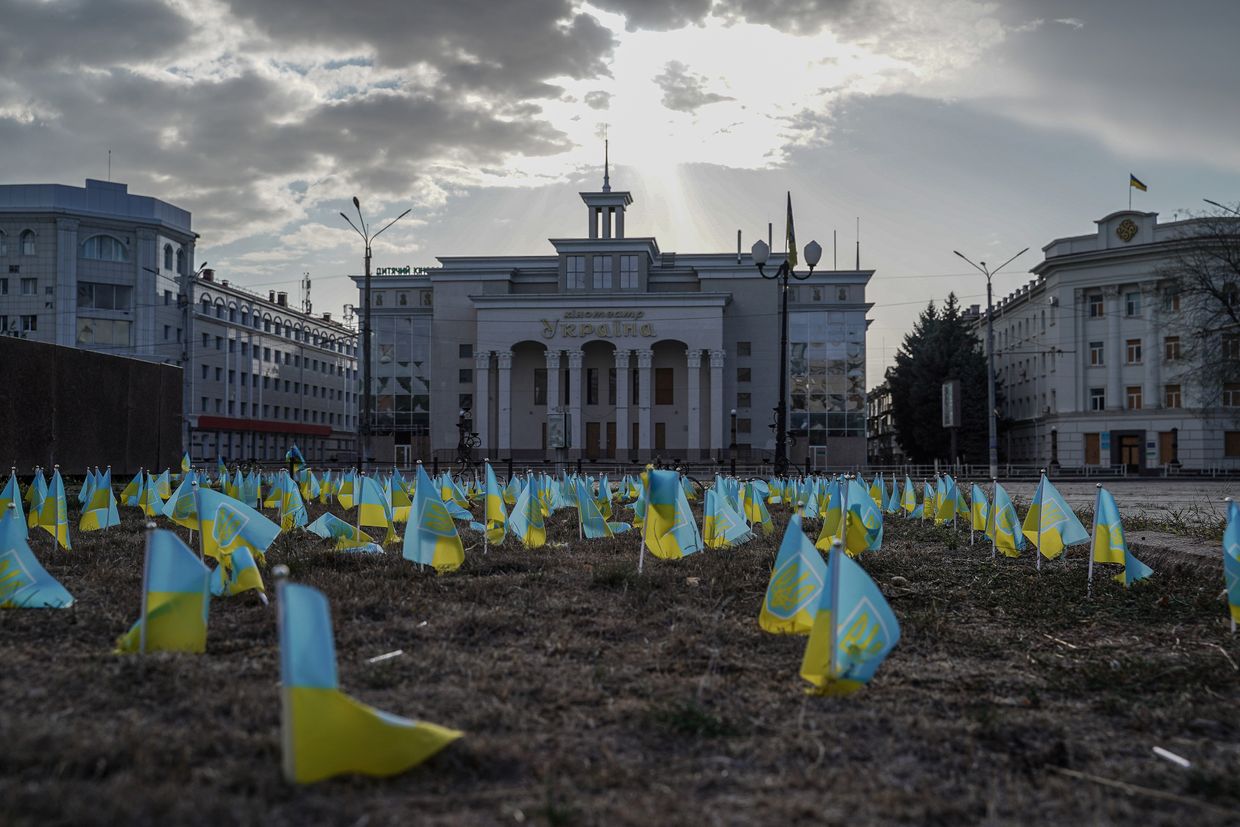US votes against UN resolution over language on Russia's war

The United States voted against a U.N. General Assembly resolution on cooperation between the U.N. and the Council of Europe because of its language regarding Russia’s war, according to a letter from Jonathan Shrier, acting U.S. representative to the U.N. Economic and Social Council, dated April 16.
The resolution passed despite U.S. opposition, with nine countries voting against it – the United States, Russia, Belarus, Eritrea, Congo, Mali, Nicaragua, Niger, and Sudan.
As U.S. President Donald Trump pushes for a peace deal between Russia and Ukraine, Washington is increasingly softening its tone on Russia.
Commenting on the April 16 resolution, Shrier said Washington opposed it because of repeated statements about the war in Ukraine that the U.S. considers “unhelpful in advancing the cause of peace.”
“Maintaining international peace and security, including through the peaceful settlement of disputes, is the primary goal for which the United Nations was created,” Shrier said, adding that the U.S. supports efforts for a durable resolution of the war in Ukraine.
The U.S. also criticized the resolution’s endorsement of the Global Compacts on Migration and Refugees, arguing they undermine national sovereignty and fail to address the destabilizing effects of mass migration.
Washington also objected to references to the 2030 Agenda and the U.N. Sustainable Development Goals, labeling them as soft global governance that could contradict U.S. interests.
Earlier on Feb. 24, the U.S. voted against a UN General Assembly resolution that reaffirmed Ukraine’s territorial integrity and named Russia an aggressor.
Instead, the U.S. backed a separate, less confrontational resolution at the UN Security Council that avoided direct blame and called broadly for an end to the conflict. Days later, the U.S. declined to sign a WTO statement condemning Russian aggression.
Ukraine and the U.S. previously agreed to a complete 30-day ceasefire during talks in Jeddah on March 11. Russia rejected the proposal unless it included concessions that would undermine Kyiv’s ability to defend itself, including a full halt to foreign military aid.
While U.S.-led diplomatic efforts to end the war are ongoing, Ukrainian officials say Russia continues to insist on maximalist demands and has shown little willingness to pursue a comprehensive peace agreement. Kyiv maintains it is ready for a complete ceasefire if Moscow agrees to reciprocate.











